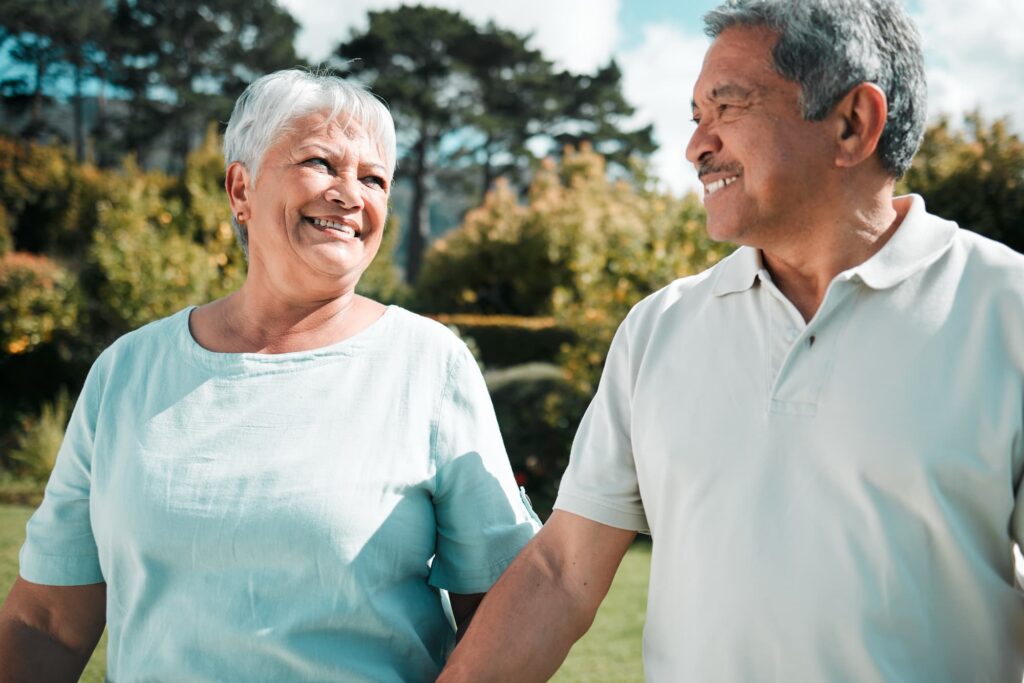Supporting Survivors: Addressing the Needs of Victims of Domestic Violence and Sexual Assault
In the shadow of violence and abuse, victims of domestic violence and sexual assault navigate a complex journey towards healing and justice. These individuals, stripped of safety and dignity, require a multifaceted support system to address their immediate and long-term needs. Understanding these needs is crucial for communities, support networks, and service providers to offer effective assistance and empower survivors to reclaim their lives. The path to recovery is not linear, encompassing physical, emotional, legal, and social dimensions, each demanding thoughtful and compassionate responses.

Holistic Health and Recovery
The Intersection of Physical Health and Trauma Recovery
The aftermath of domestic violence and sexual assault often extends beyond visible injuries, affecting survivors’ overall physical health. Notably, the stress and trauma associated with such experiences can disrupt hormonal balances, including testosterone levels, which play a critical role in both men’s and women’s health. For male survivors, low testosterone can exacerbate feelings of fatigue, depression, and decreased libido, which may compound the psychological impact of the assault. Recognizing and addressing these physiological effects, including potential hormonal imbalances, is essential in the holistic care of survivors, ensuring a comprehensive approach to healing that considers both mental and physical well-being.
Immediate and Ongoing Medical Care
Survivors of domestic violence and sexual assault require immediate medical attention to address physical injuries, prevent infections, and collect forensic evidence crucial for legal proceedings. Beyond acute care, ongoing medical support is often necessary to manage the physical aftermath of abuse, including reproductive health issues, sexually transmitted infections, and chronic conditions exacerbated by stress and trauma. Access to compassionate and confidential healthcare services is a fundamental need for survivors, providing a foundation for their physical recovery and facilitating their journey towards healing.
Emotional and Psychological Support
Trauma-Informed Counseling
The psychological impact of domestic violence and sexual assault can be profound, with survivors experiencing a range of emotions, including fear, shame, anger, and helplessness. Trauma-informed counseling is a critical component of the support system, offering a safe space for survivors to process their experiences and navigate the complexities of trauma. This specialized form of therapy recognizes the widespread impact of trauma and emphasizes physical, psychological, and emotional safety for survivors, helping them rebuild a sense of control and empowerment.
Building Support Networks
Survivors often face isolation, either as a result of the abuser’s manipulative tactics or from societal stigma surrounding their experiences. Building strong support networks, including family, friends, and survivor groups, can provide the emotional solidarity and understanding necessary to counteract this isolation. Community-based support groups and online forums can also offer valuable spaces for survivors to share their stories, find validation, and connect with others who have faced similar challenges.
Legal Assistance and Advocacy
Navigating the Legal System
For many survivors, pursuing legal action against their abusers is a crucial step towards justice and closure. However, the legal system can be daunting, with complex procedures and requirements that may overwhelm those already coping with trauma. Access to legal assistance and advocacy is therefore essential, ensuring survivors have knowledgeable allies to guide them through the process, from filing reports and obtaining protective orders to navigating court proceedings.
Advocacy for Rights and Resources
Advocacy efforts play a vital role in raising awareness of the needs of survivors and pushing for systemic changes that support their recovery and rights. This includes advocating for policies that provide survivors with access to housing, employment protection, and financial assistance, as well as efforts to improve the responsiveness of the criminal justice system. By championing the rights of survivors, advocates work to create a society that not only supports survivors in their healing journey but also takes proactive steps to prevent violence and abuse.
In conclusion, addressing the needs of victims of domestic violence and sexual assault requires a comprehensive, compassionate approach that encompasses physical, emotional, legal, and social support. Recognizing the intricate ways in which trauma affects health, including potential impacts on hormonal balance like low testosterone, is crucial in providing holistic care. By ensuring access to medical care, emotional support, legal assistance, and advocacy, communities can empower survivors on their path to recovery, affirming their resilience and right to a life free from violence.